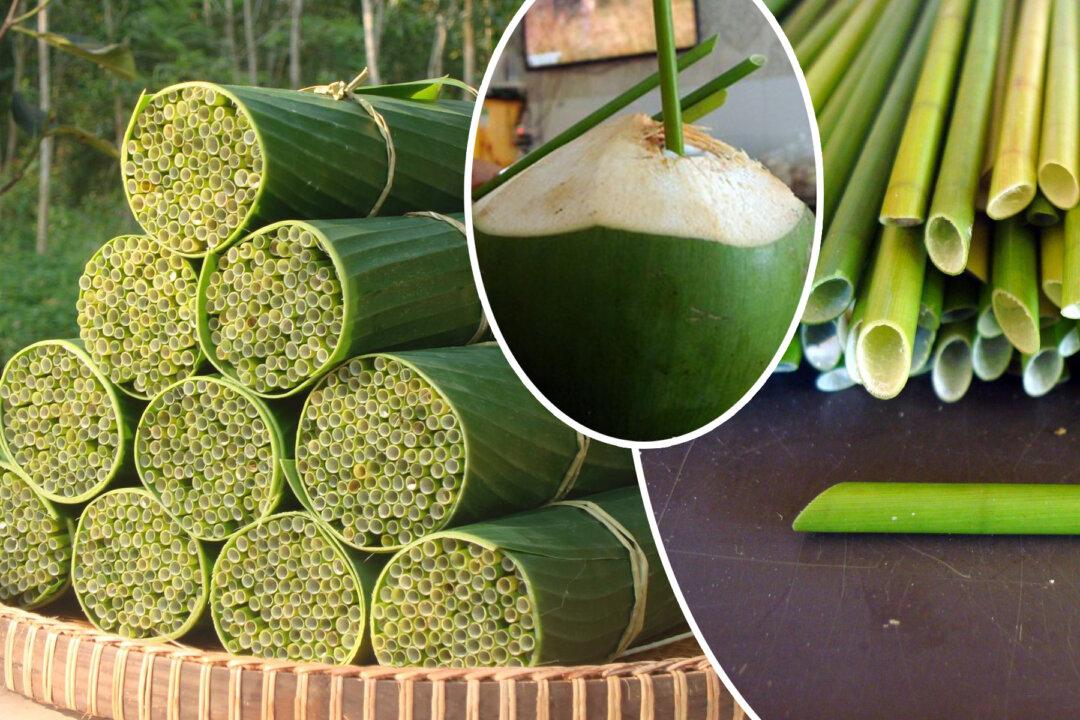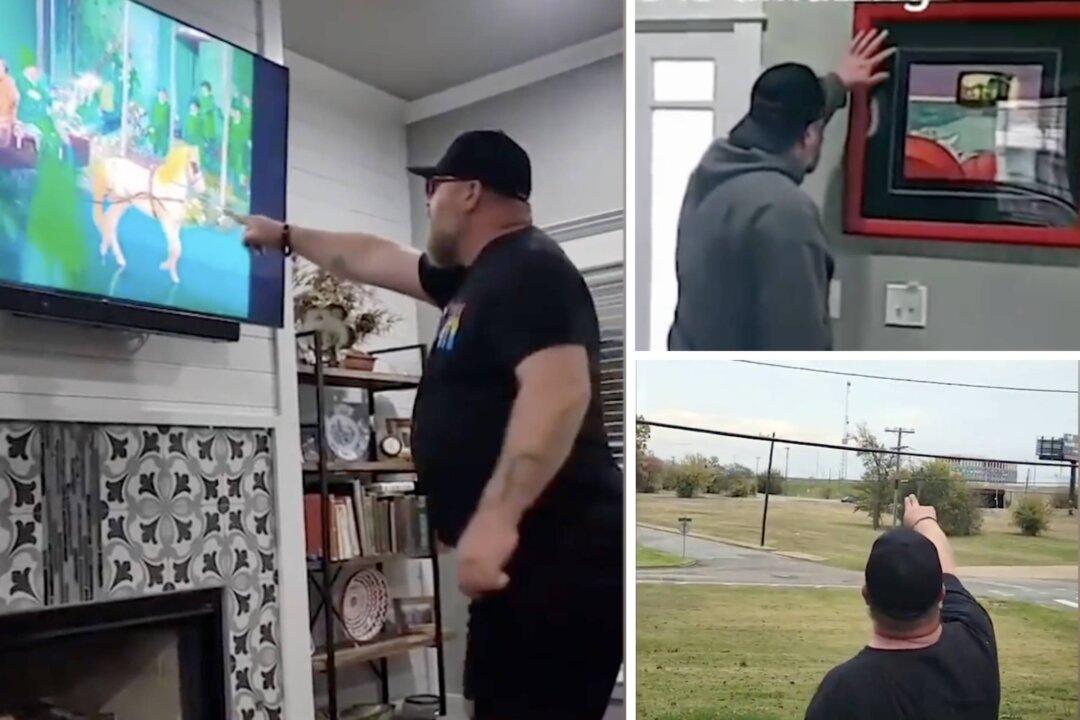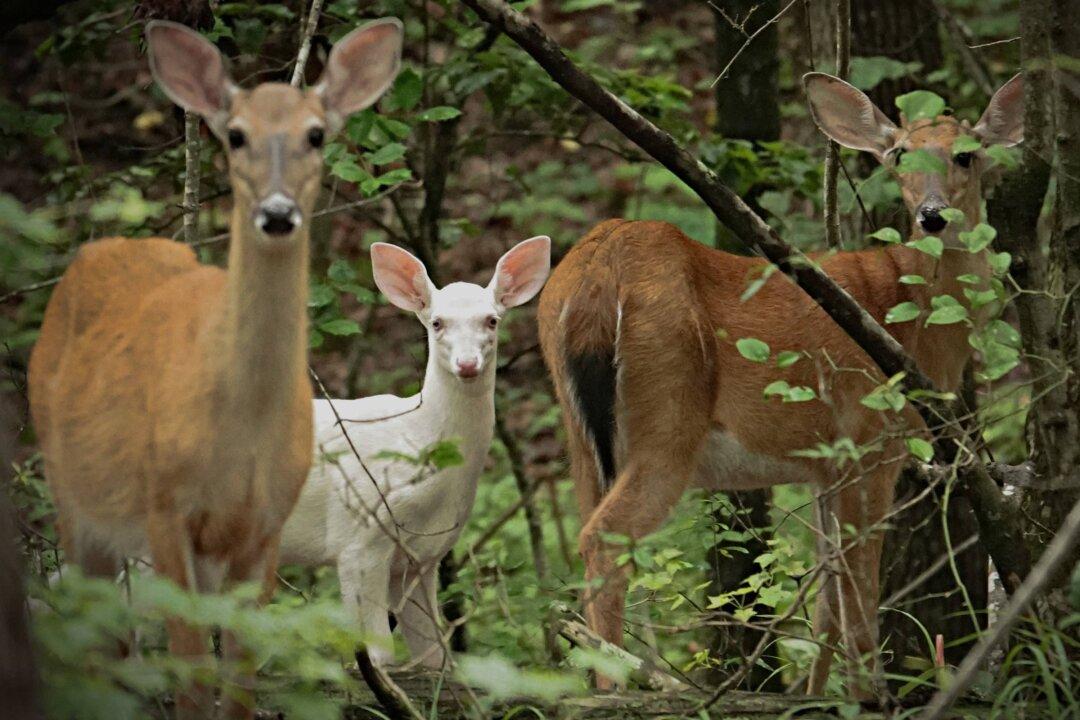From the archives: this story was last updated in April 2019.
Each year, there is a staggering 8 million tons of plastic finding its way into our oceans. Among these are the plastic straws that are used daily. The United States alone uses and discards about 500 million plastic straws each day, and this impacts our Earth in a huge way.Most plastics are made from crude oil and are not biodegradable. Marine life can mistakenly eat them thinking they are food, and these plastics can then get lodged somewhere in their system, causing injury or death. Like the turtle in this video, imagine the pain it suffered after having a straw stuck in its nostril.





